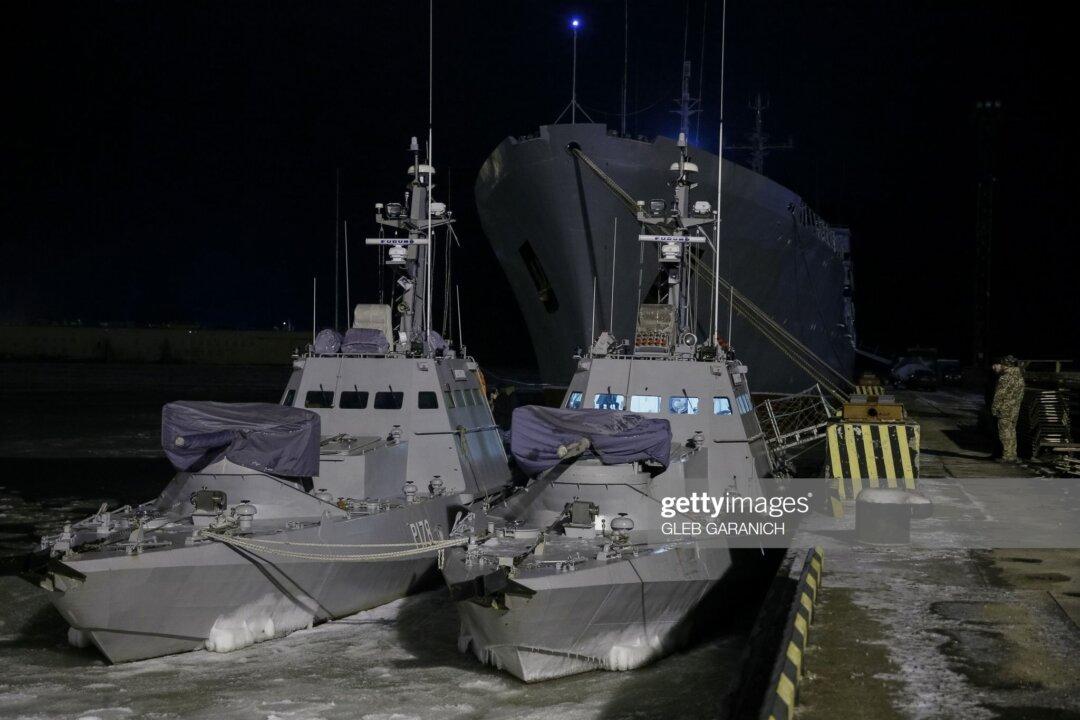For the first time in over a year, we may be seeing a dim flicker at the end of the tunnel for eliminating Islamic terror. If it isn’t the beginning of the end, it is at least the end of the beginning.
To recap briefly, the Islamic fundamentalist terrorists (spinoffs from al-Qaeda) seized the opportunity from the civil war in Syria and the feeble Shia-led Iraqi administration to seize control of substantial portions of Iraq and Syria. In June 2014, the Islamic terrorists blew away the Iraqi army on which the United States had expended 10 years of training and tens of billions of dollars equipping.
It was a pathetic, demoralizing collapse—but also a “wake-up” call for the terrorists’ opponents. They seized some of Iraq’s largest cities (Mosul, Tikrit) and installed a regime of brutality unmatched in recent history with mass executions, public torture, and decapitation of dissidents/journalists/human rights officials, burning prisoners alive, and rape/forced marriage for captured women and girls.





